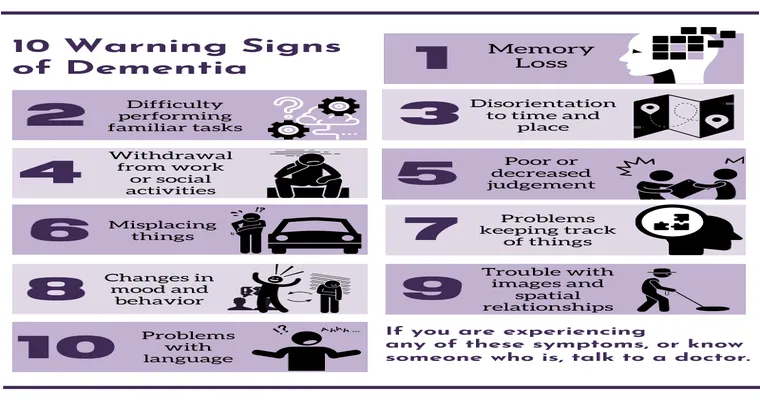As a "caregiver", you play a crucial role in supporting your loved one, but it can be distressing when you start to experience "forgetfulness" and "misplacing things". These challenges can be overwhelming and may lead you to question your abilities. Understanding the reasons behind these issues and exploring effective strategies can help you regain your confidence and maintain your caregiving responsibilities.
For many caregivers, the demands of the role can lead to increased "stress" and "fatigue", which often contribute to memory lapses. Balancing tasks such as managing medications, coordinating appointments, and providing daily care can make it difficult to stay organized. Additionally, emotional factors, including anxiety and worry about your loved one's health, can further cloud your memory.
To address these concerns, consider implementing a few practical strategies. First, establish a routine. A consistent daily schedule can help anchor your activities, making it easier to remember important tasks. Use "calendars" or "planners" to keep track of appointments and deadlines. Digital tools, such as smartphone reminders and apps designed for caregivers, can also be beneficial.
Another helpful approach is to create designated spaces for essential items. By ensuring that keys, glasses, and other frequently used objects have specific homes, you can reduce the likelihood of misplacing them. This simple practice can save you time and frustration, allowing you to focus on your caregiving duties.
Mindfulness and self-care are equally important in combating "cognitive decline". Engage in activities that promote mental well-being, such as meditation, exercise, or hobbies that you enjoy. Taking breaks and allowing yourself time to recharge can significantly improve your cognitive function and overall mood.
If you find that forgetfulness is becoming a persistent issue, it may be worth consulting with a healthcare professional. They can help determine if there are underlying health concerns contributing to your memory lapses, such as nutritional deficiencies or sleep disorders. Early intervention can be key to addressing these issues effectively.
In conclusion, experiencing forgetfulness and misplacing items as a caregiver is not uncommon. By recognizing the impact of stress and adopting practical strategies like establishing routines and practicing self-care, you can mitigate these challenges. Remember that seeking support and consulting professionals when needed is a sign of strength, not weakness. Your role as a caregiver is vital, and taking care of your own well-being will ultimately benefit both you and your loved one.





